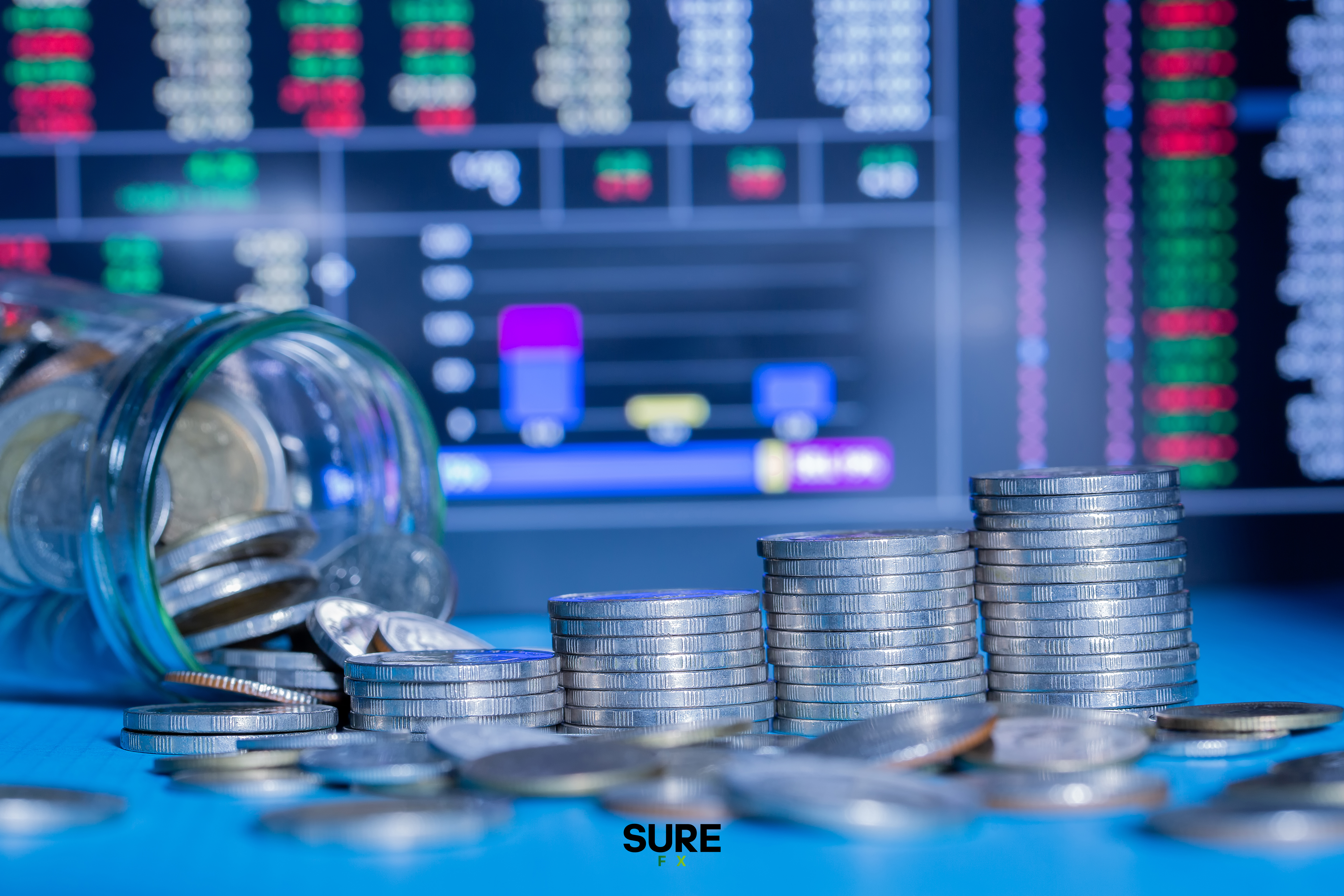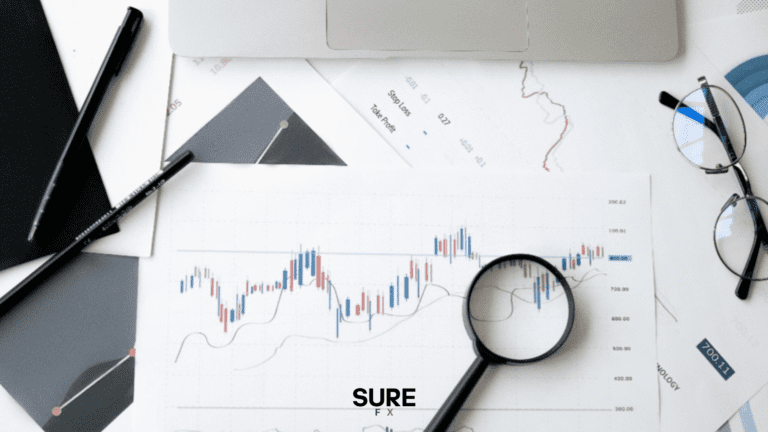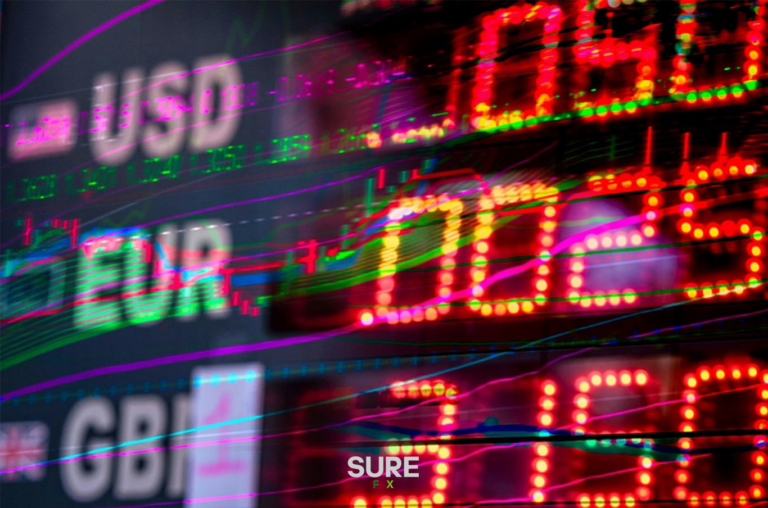T
he world of forex currency market trading offers a wealth of opportunities for those looking to invest and make money by buying and selling currencies. With a daily market turnover of over $6 trillion, the forex market is the largest and most liquid financial market in the world. However, like any high-stakes market, currency trading also attracts unscrupulous individuals and organizations looking to take advantage of unsuspecting traders.
Forex scams are prevalent, with fraudsters preying on beginners and experienced traders alike. In this article, we will explore essential tips to help you master currency market trading while avoiding the traps set by scammers.
- Do Your Research on Brokers and Platforms
One of the most important steps in avoiding forex scams is selecting a reputable and reliable broker. Scammers often pose as legitimate brokers to lure traders into fraudulent schemes. Here’s how you can protect yourself:
- Regulation: Ensure that the broker is regulated by a recognised financial authority, such as the U.S. Commodity Futures Trading Commission (CFTC), the Financial Conduct Authority (FCA) in the UK, or the Australian Securities and Investments Commission (ASIC). These organizations enforce strict standards that protect traders from fraudulent activity.
- Client Reviews and Reputation: Research online for reviews from other traders. Visit trusted forex forums and look for feedback on the broker. Be cautious of glowing reviews, as they can sometimes be fabricated. Use a mix of sources to assess their credibility.
- Transparency: A legitimate broker will offer clear details about their services, fees, and terms of use. Avoid brokers who are vague about their fees or who promise “guaranteed” returns with little risk.
- Demo Account: Reputable brokers offer demo accounts that let you practice trading without risking real money. If a broker doesn’t provide this option, it’s a major red flag.

- Beware of Unrealistic Promises
Forex scams explained often involve scammers promising incredible returns—sometimes as high as 100% in a short period—to lure traders into their schemes. These kinds of promises are almost always a red flag.
- Too Good to Be True: If a trading opportunity sounds too good to be true, it probably is. A trustworthy broker will give you realistic expectations about market conditions and the potential for profit, while scammers will make bold claims about how much you can earn with little effort.
- High-pressure Sales Tactics: Fraudulent brokers often use high-pressure tactics to get you to deposit money quickly. They may tell you that a “limited time” offer will disappear unless you act fast. Always take a step back before making a decision and do thorough research.
- Understand the Risks and Leverage
Currency trading strategies involve a high degree of risk, especially when using leverage. Leverage allows traders to control a larger position with a smaller amount of capital, but it also amplifies both potential profits and losses. Some scams may encourage traders to use excessively high leverage, knowing that it will lead to rapid losses.
- Manage Leverage: Be cautious with leverage. While brokers typically offer leverage ratios like 50:1, 100:1, or even higher, it’s easy to get swept up in the allure of magnified profits. However, using high leverage can cause substantial losses just as quickly. Stick to lower leverage ratios to minimize risk.
- Risk Management Tools: A trustworthy broker will offer risk management tools such as stop-loss orders, which automatically close a position at a predetermined price to limit losses. Always use these tools to protect your investments, especially when you are just starting out.
- Look Out for “Too Fast” Withdrawal Process
A common tactic in forex scams is to entice traders to deposit money but make it nearly impossible to withdraw funds. Once you’ve deposited money, these fraudulent brokers may stall or delay your withdrawal requests, claiming administrative issues or regulatory checks.
- Withdrawal Delays: Be cautious of brokers that delay withdrawals or require excessive documentation to release your funds. Legitimate brokers usually process withdrawals quickly and with minimal hassle.
- Escrow Accounts: Ensure the broker holds client funds in segregated accounts (not mixed with the company’s operating funds) to ensure you can access your money if needed. If the broker refuses to clarify this, it’s a major red flag.
- Avoid Signal Providers and “Experts” Offering Guaranteed Results
Many forex scams revolve around “expert” trading signals or software that claim to provide the perfect market timing. These signal providers often sell their services with promises of easy profits based on proprietary algorithms, but more often than not, they are designed to separate you from your money.
- Beware of Paid Signals: Be wary of any service that promises to make you money based on trading signals, especially if it comes with a hefty price tag. While some legitimate services can offer valuable insights, many are simply designed to make money off traders by selling them advice that’s no better than what can be found in free resources.
- Fake Experts: Many scammers advertise themselves as forex experts, claiming they have an uncanny ability to predict market movements. If someone is promising easy success or advertising their expertise too aggressively, proceed with caution.
- Check for Hidden Fees and Terms
Scammers often hide additional fees and charges in the fine print, which can eat into your profits and eventually lead to significant losses. Always read the terms and conditions before opening an account with a broker.
- High Spread or Commission: Watch out for brokers who charge exorbitant spreads or commissions. While forex brokers typically make their money through the spread (the difference between the bid and ask price), excessive charges can diminish your profits over time.
- Inactivity Fees: Some brokers impose inactivity fees if you don’t trade for a certain period. While this is not inherently a scam, it’s important to be aware of such terms, particularly if you’re not planning to trade frequently.
- Forex Scam Recovery: What to Do if You’ve Been Scammed
If you’ve fallen victim to a forex scam, it’s important not to panic. Forex scam recovery can be a complex process, but there are steps you can take to protect your finances:
- Contact Your Broker: If the broker is regulated, immediately contact the financial authority that oversees them. Regulatory bodies like the CFTC, FCA, or ASIC can intervene in cases of fraud or dispute.
- Document Everything: Keep a record of all communications, transactions, and any misleading offers or promises made by the broker. This documentation will be vital if you decide to pursue legal action or report the scam to authorities.
- Seek Professional Help: Consider consulting with a financial expert or lawyer who specializes in forex scams. They can guide you through the recovery process, help you file complaints, and potentially recover lost funds.
- Report to Relevant Authorities: If you suspect fraud, report it to the proper authorities. Many organizations, including the National Futures Association (NFA), accept scam complaints and can help investigate fraudulent activity.
- Stay Informed and Continue Learning
The best way to avoid forex scams is to continually educate yourself about the market. As your knowledge grows, you’ll be better equipped to spot the signs of fraud and recognize a legitimate opportunity when you see one. Use reputable educational resources such as online courses, webinars, books, and financial news platforms designed by SURE FX.
- Realistic Trading Expectations: Focus on learning currency trading strategies, developing a solid trading plan, and using demo accounts to practice before risking real money. Currency market trading is a skill that requires time and dedication to master.
- Community Engagement: Join forex trading communities or online forums to stay connected with other traders. These groups can be a great resource for sharing experiences and warnings about potential scams.
Conclusion: Trade Smart, Stay Safe
Currency trading can be a highly rewarding endeavour for those who approach it with the right mindset and tools. However, the presence of scams means that caution is essential. By choosing regulated brokers, avoiding unrealistic promises, understanding leverage, and staying informed, you can protect yourself from fraud while mastering the art of forex market trading.
Remember, there is no “get-rich-quick” formula in forex. Success comes from knowledge, strategy, and continuous learning. Stay vigilant, and always take the time to evaluate opportunities carefully before diving into the market. With the right approach, you can navigate the forex world safely and effectively.







